
Photo: pixabay.com

Photo: pixabay.com
Imagine being able to change the past just by thinking about it. Not by physically traveling back in time, but by using your mind to change things that already happened. It sounds like something out of science fiction, but this is the idea behind retroactive psychokinesis, also called retro-PK.
Retroactive psychokinesis is the idea that a person might be able to change the result of an event or experiment after it has already happened. In other words, someone's thoughts or intentions could reach back in time to change what has already occurred. This concept can be hard to understand because it goes against what we know about time. Usually, a cause happens before an effect, but retro-PK suggests that the universe might be a lot stranger than we realise.
Retroactive psychokinesis is also often compared to the concept of retrocognition. Retrocognition is the ability to perceive or know information about past events without any prior knowledge, almost like having a 'flashback' to something you couldn't have possibly experienced yourself. Unlike retro-PK, which involves influencing past events, retrocognition is more about gaining insight or knowledge of past occurrences, as if somehow tuning into an echo of history.
The idea of retroactive psychokinesis has been explored in parapsychology, which is the study of paranormal mental abilities. Some of these experiments use random number generators (RNGs). RNGs are machines that create random numbers, like rolling a digital dice repeatedly. Normally, these numbers are completely random and are not affected by anything else. Researchers who believe in retro-PK have tested if people can, after seeing the results, change those random numbers using only their thoughts.
One important researcher in this area was Helmut Schmidt, a physicist and parapsychologist who did experiments in the late 20th century. In his research, Schmidt asked people to try to change the output of RNGs after the results had been recorded but before anyone had looked at them. The results showed some small, statistically significant changes that seemed to indicate the participants could influence the outcomes.
Despite these experiments, most scientists remain highly sceptical about retroactive psychokinesis. The results of the experiments have been controversial and have often been criticised for having flaws in how they were conducted. The evidence isn't strong enough to convince most of the scientific community.
Despite a glimmer of possibility that the ability exists, no one really knows how such a process might work, but as is becoming common with many paranormal concepts, quantum mechanics often offered up as an explanation. Quantum mechanics is the study of extremely small particles, and it has some strange concepts, like quantum entanglement which is when two particles become linked in a way that means they instantly affect each other, no matter how far apart they are. Some people think human consciousness could be like this and somehow connected to events in the past. But many skeptics argue that using quantum mechanics to explain retro-PK is just a way to make it sound more scientific than it actually is. Quantum mechanics is complicated and was even called "spooky" by Albert Einstein, but that doesn't mean it can be used to explain paranormal activity without proper evidence.
Another idea behind retro-PK is the observer effect – the idea that observing something can change what happens. In quantum physics, this is true for very small particles, they behave differently when they are being observed. Retro-PK takes this concept further, suggesting that just thinking about something can change not only what we observe but also what has already happened in the past. If this were true, it would mean our understanding of cause and effect is wrong, and that time isn't just a one-way street. Instead, the future could affect the past in ways we don't yet understand.
While some believers in the paranormal think retroactive psychokinesis could be applied to influence events like lottery numbers or medical test results, there is no solid evidence or credible accounts of successful real-life use of retro-PK. Besides, even if retro-PK did work, how would we know? Would we have any memory of the original events, or would those memories also change to match the new outcome?
Skeptics argue that any evidence for retroactive psychokinesis can usually be explained by simple mistakes or biases. There is something called the "file drawer effect," this is when experiments that don't show anything interesting are never published. Only publishing the results that fit the researchers' beliefs - the successes, and not publishing the failed attempts makes it look like there is more evidence than there really is. This is especially true in experiments like these, when enough trials will result in some successes purely by chance, which could be mistaken for proof of retro-PK.
More Essential Parapsychology
See All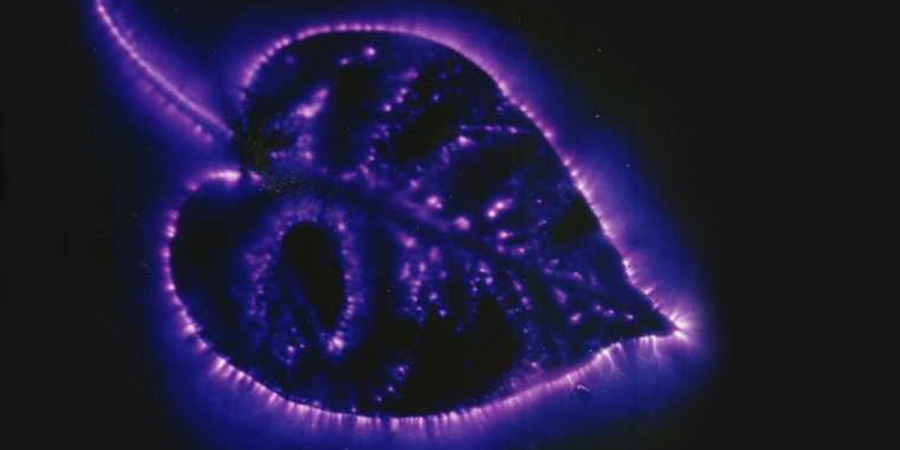
ArrayOctober 11, 2024
The Reality Behind Kirlian Photography’s Glowing Auras

ArrayOctober 05, 2024
What Spontaneous Cases Are & Why Parapsychologists Research Them

ArrayOctober 04, 2024
Werewolves, Royal Connections, & Real-Life Exorcisms
Learn With Higgypop
Hosted by Paralearning in association with Higgypop, these courses on ghost hunting, paranormal investigations, and occult practices draw on the experience of our team of paranormal writers.
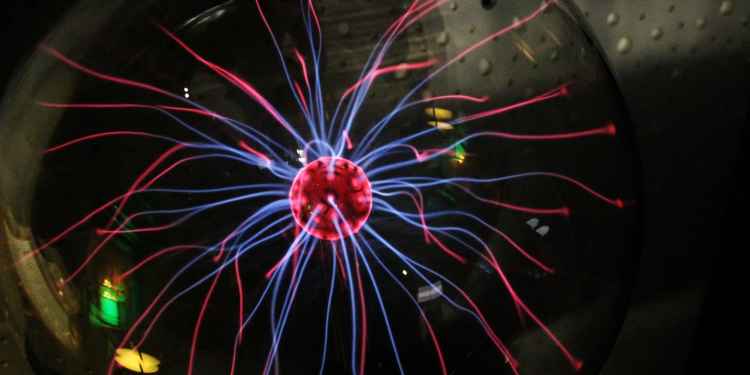
Diploma In Advanced Scientific Theory For Paranormal Investigators
This course gives you practical and useful knowledge of ghost hunting and paranormal research, which is invaluable when conducting your own paranormal investigations or as part of a group event.
View Course
Diploma In Capturing & Analyzing Electronic Voice Phenomenon
This course gives you practical and useful knowledge of ghost hunting and paranormal research, which is invaluable when conducting your own paranormal investigations or as part of a group event.
View CourseMore Like This
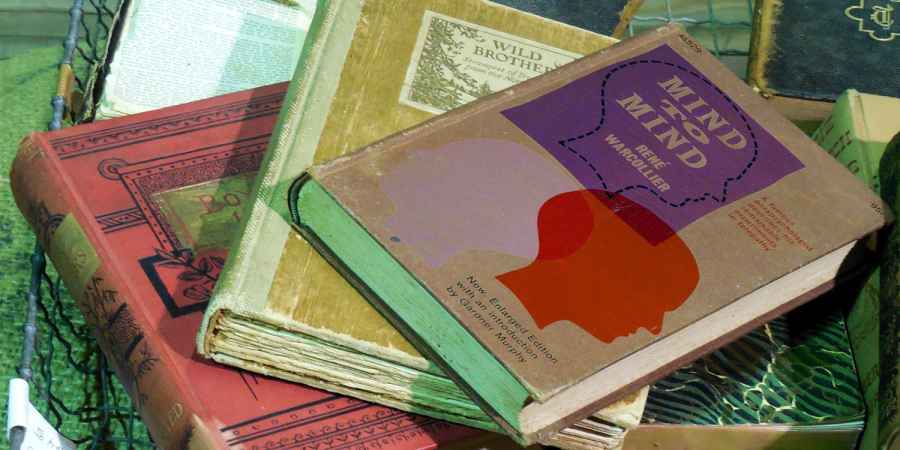
BooksMarch 17, 2025
Revisiting 'Mind To Mind': René Warcollier's 1948 Book On Telepathy
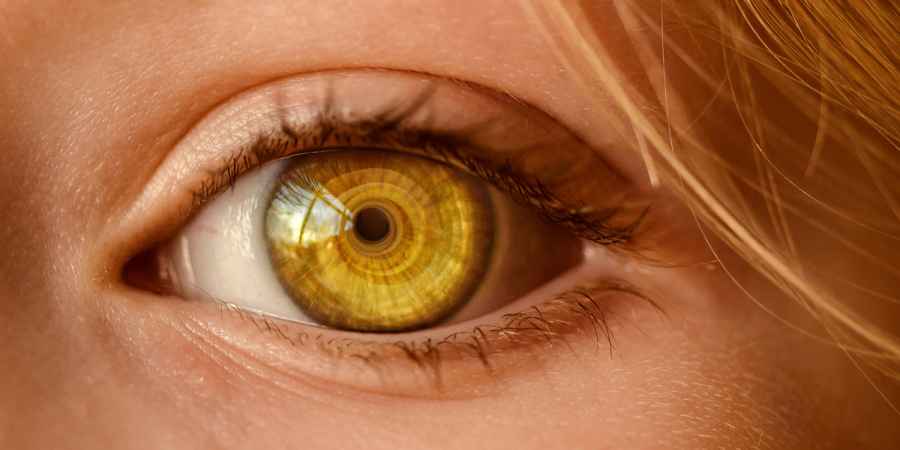
Remote ViewingMarch 16, 2025
Remote Viewing Glossary: Key Terms & Definitions
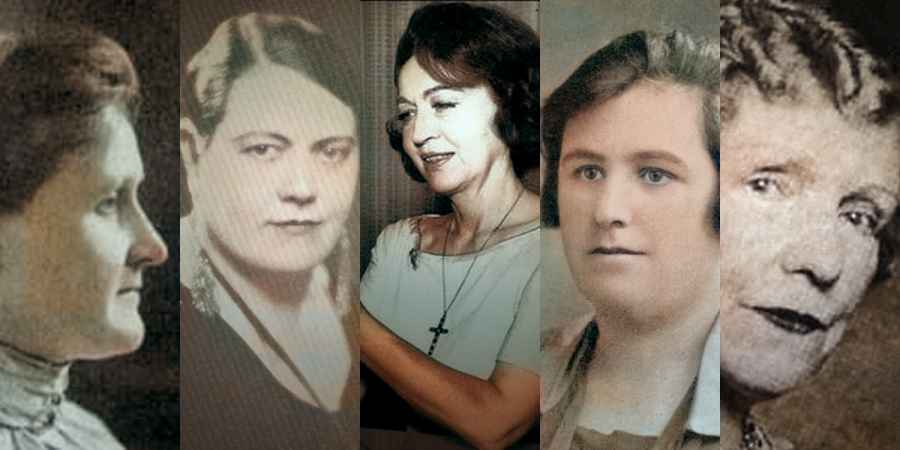
Womens DayMarch 08, 2025
Influential Female Psychics & Mediums

Remote ViewingMarch 07, 2025
Examining The Best Evidence For The Existence Of Remote Viewing
 See More on Audible
See More on Audible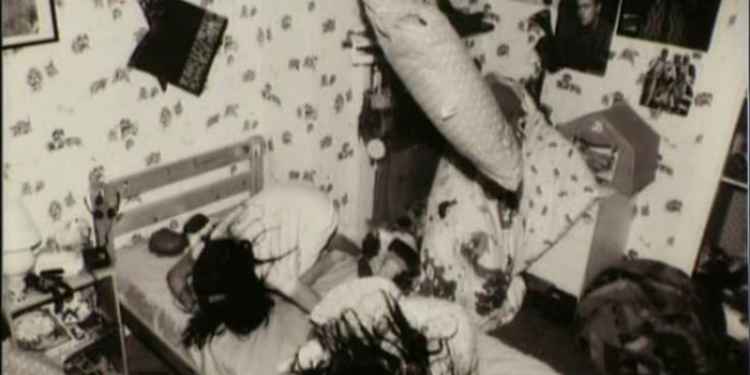

Comments
Want To Join The Conversation?
Sign in or create an account to leave a comment.
Sign In
Create Account
Account Settings
Be the first to comment.